It’s funny to think that at the very moment when King Charles was going through his Coronation, pledging service and promising mercy in the midst of a tradition and a pageant older than the Norman Conquest, and with the constant susurration of a constitutional monarchy grounded in the vision of Christianity as the myth that underlay our democratic beliefs, Simon Rattle was performing Mahler’s Seventh, that most topsy-turvy and confusing of the great composer’s works, conducting the London Symphony Orchestra like the great master he is.
Already a subscriber? Log in
Subscribe for just $2 a week
Try a month of The Spectator Australia absolutely free and without commitment. Not only that but – if you choose to continue – you’ll pay just $2 a week for your first year.
- Unlimited access to spectator.com.au and app
- The weekly edition on the Spectator Australia app
- Spectator podcasts and newsletters
- Full access to spectator.co.uk
Unlock this article
You might disagree with half of it, but you’ll enjoy reading all of it. Try your first month for free, then just $2 a week for the remainder of your first year.

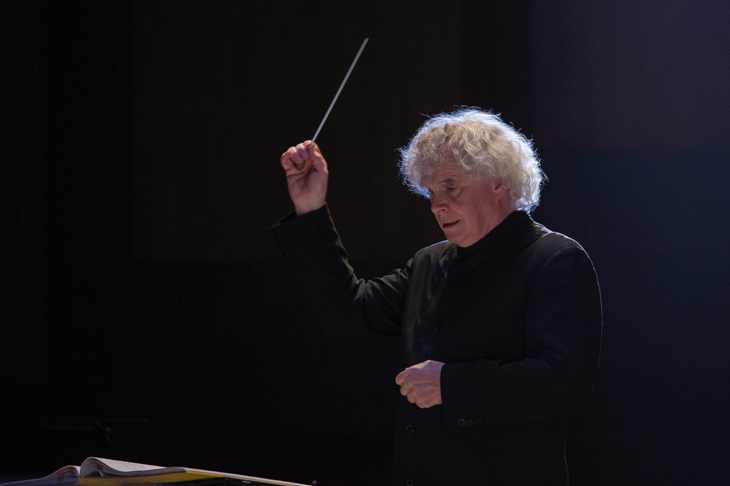
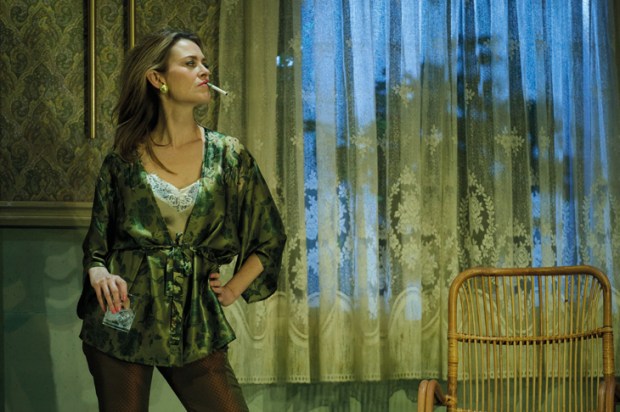
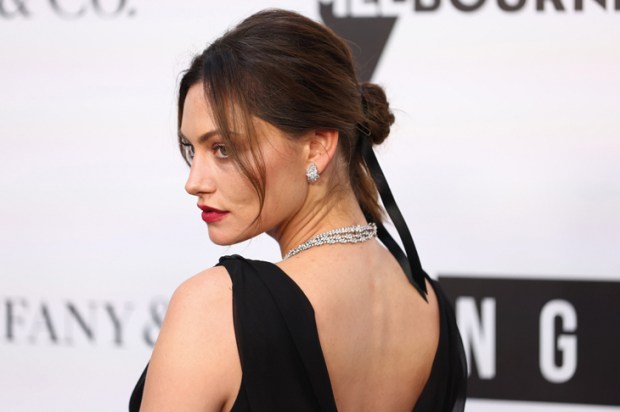
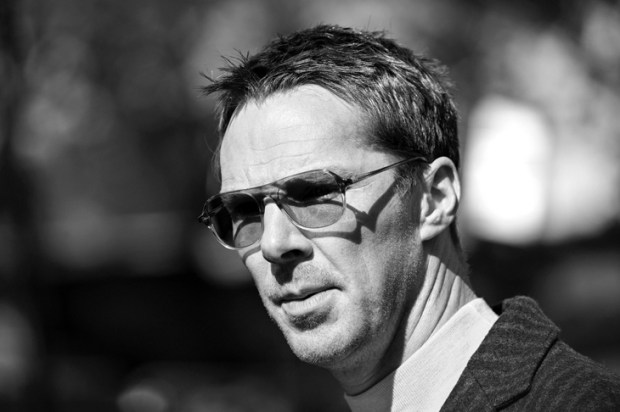
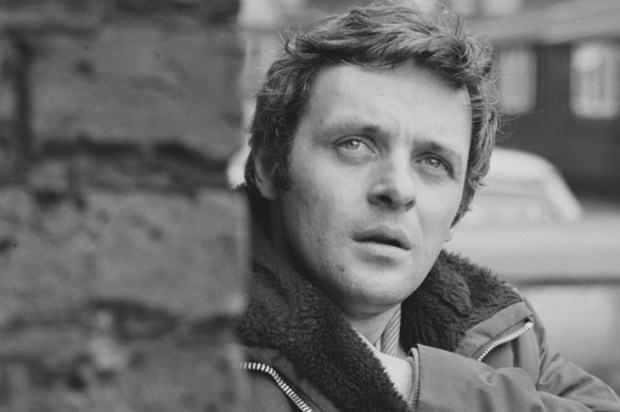
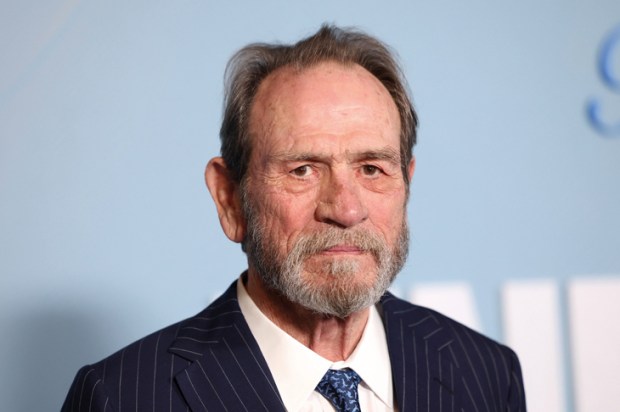
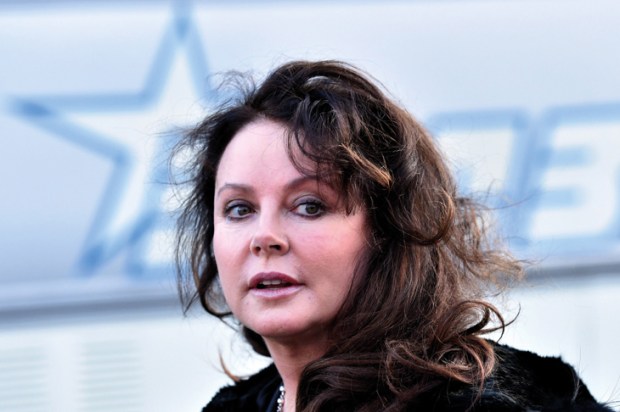






Comments
Don't miss out
Join the conversation with other Spectator Australia readers. Subscribe to leave a comment.
SUBSCRIBEAlready a subscriber? Log in